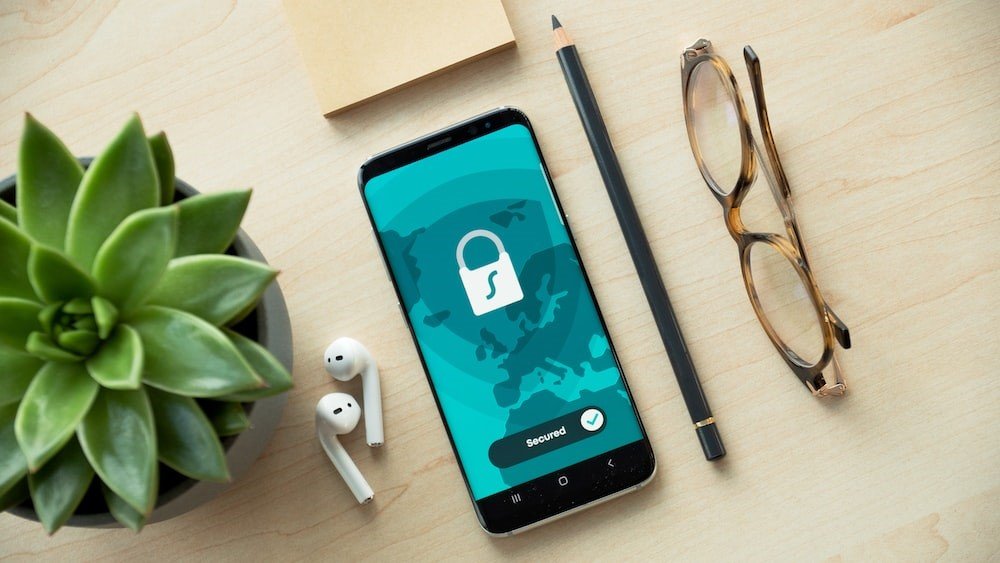Cybersecurity is the protection of your electronic devices, networks, and data from those who want to use the information for in criminal activities. Cybersecurity also increases confidentiality and integrity and lowers the chance of getting information. Everything depends on electronic information nowadays, and it needs to be kept secure.
There are many products and services to protect your online presence. You can go to https://vivitec.net/ to get information from them. They can also give you the services that you need to help with cybersecurity.
This article will give you some tips to help with the cybersecurity of your home devices and networks. These are tips that can help you at home and work. You can do research to find even more information.
Cybersecurity Tips
- Keep Your Software Up to Date
One of the major attacks that can happen to your network is ransomware. The best way to overcome this is to have your software up to date. You can patch outdated software which will help remove your critical vulnerabilities.
- Use Anti-Virus Protection with a Firewall
The best way to ward off security attacks on your network is to have anti-virus protection. This software will block malicious software such as malware from getting into your device. You only want to use an anti-virus product that comes from a reputable company.
Another way to protect your private information is by using a firewall: https://www.cisco.com/c/en/us/products/security/firewalls/what-is-a-firewall.html. This will keep viruses, hackers, and other malicious activity away from your device. Most devices today have firewalls built in so that you do not have to worry about it.
- Use Strong Passwords and Use a Password Management Tool
Strong passwords are critical to online security. A strong password does not need to be a string of numbers, letters, and symbols that you cannot remember, they can be something simpler than that. They should contain at least eight characters, one letter that is lowercase, one that is uppercase, one number, and at least four symbols. You should change your password at least once a year.
- Use Two-Factor or Multi-Factor Authentication
A service that will add more layers of security to your devices is two-factor or multi-factor authentication. With two-factor authentication, you will use your username and password, along with another step such as a personal identification code, another password, or a fingerprint. Multi-factor will add yet another step so that it is more difficult to get into your devices.
- Learn About Phishing Scams
Phishing scams happen when someone sends something to you that looks like it could be authentic but is an attempt to get personal information from you. Look here to learn more about phishing. Phishing scams are becoming more and more prevalent in recent years. They will also do things such as send malicious links and viruses, trojans, and other malicious links.
Things that you should know about phishing attempts:
- Do not open emails from people you do not know – it could be a phishing attempt.
- Know which links are safe.
- Be suspicious of all emails that are sent to you – if they look suspicious, do not open them.
- These attempts can look like they are coming from friends, too, so be aware.
- Protect Your Personal Identifiable Information
Personal Identifiable Information, or PII, is information such as your name, address, phone number, IP address, date of birth, location details, social security numbers, or any other information that can identify you. Your credit card information should already be protected by your credit card company. Other information needs to be protected in any way that you can.
- Use Your Mobile Devices Securely
There are steps that you can take to make sure that you use your mobile devices securely. These steps include:
- Create a difficult passcode – do not use your bank PIN.
- Install your apps from trusted sources.
- Keep your device updated – old software versions are more susceptible to attacks.
- Do not send PII or other sensitive information through email or texts.
- Use Find My iPhone or Android Device Manager to prevent your device from being lost or stolen.
- Do regular mobile backups to the Cloud or use Backup and Sync from Android
- Backup Data Regularly
One of the most overlooked steps in personal online security is regular backups from your device. Top IT and cybersecurity managers follow a 3-2-1 plan – keep three copies of data on two different types of devices and one on the Cloud. If you do become a victim of malware, the only thing you can do is factory restore your device. If you have backed everything up, you will still have your data.
Conclusion
Cybersecurity is something that everyone with an electronic device needs to worry about. It is important to protect private information by adding software that will do it for you. You can also add software that will prevent hackers and scammers from getting your information.
There are other ways to protect your information, as well. You will need to be careful about what you add to your devices. You also want to use two-factor or multi-factor authentication so that your devices are protected.

